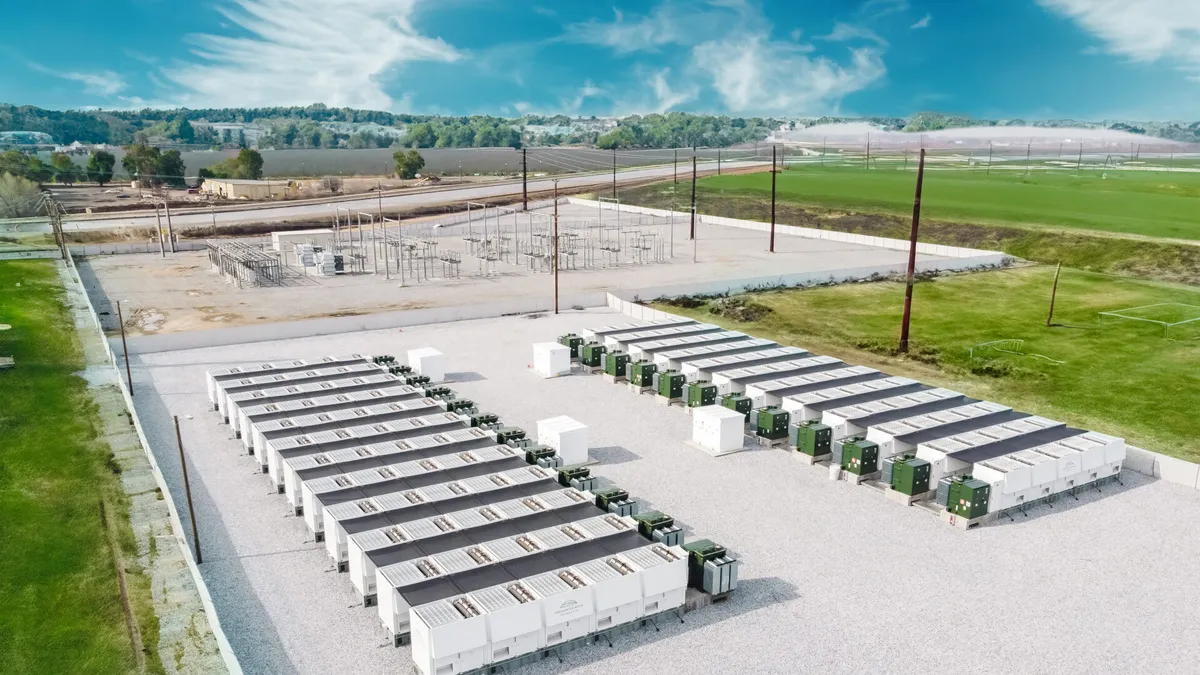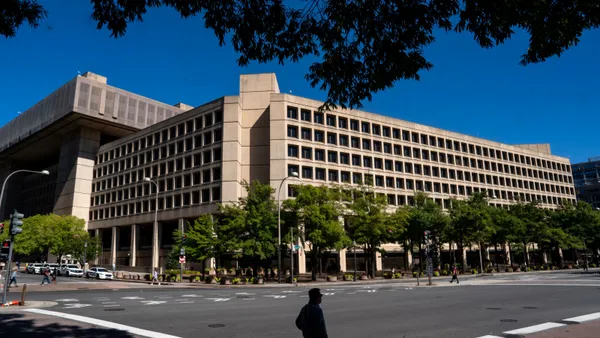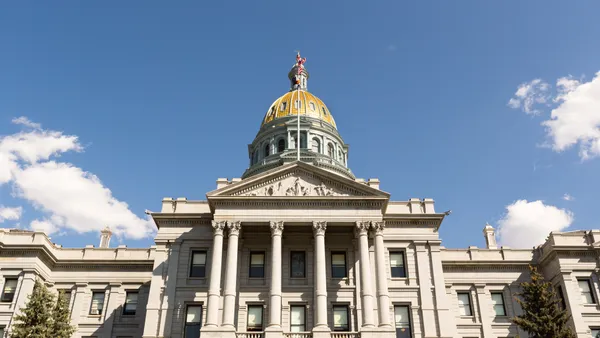Dive Brief:
- Gas and building industry groups on Thursday asked to dismiss a lawsuit they had filed to block new Washington state building codes, which require heat pumps in new residential and commercial construction to reduce greenhouse gas emissions.
- Filed in federal district court in May, the lawsuit argued the codes harm the industry groups’ business, interfere with consumer energy choice and don’t comply with federal law. The lawsuit came shortly after a federal appeals court overturned Berkeley, California’s first-in-the-nation ban on gas in new buildings for bypassing the same federal law.
- The industry groups’ dismissal of the lawsuit follows a federal judge’s July denial of their request to vacate the codes. In their request to dismiss the litigation, the groups cited the Washington State Building Code Council’s pushback of the codes’ effective date from July to late October as it considers modifying them to address such legal uncertainties.
Dive Insight:
An increasing number of U.S. cities — and even states — are requiring a phaseout of natural gas in new buildings in favor of technologies such as heat pumps and electric stoves. The Washington State Building Code Council ruled last year to revise building codes to require heat pumps in many new buildings, bolstering the state’s commitment to reduce greenhouse gas emissions 95% by 2050 compared with 1990 levels.
These types of rules have faced serious pushback, much of it from natural gas utilities. The overturning of Berkeley’s gas ban in April marked a win for these opponents, legal experts say.
The Berkeley decision “certainly puts another arrow in the quiver” of “well-funded and well-organized opponents” of building electrification policies, Amy Turner, senior fellow at Columbia Law School’s Sabin Center for Climate Change Law, told Smart Cities Dive at the time. Since then, Berkeley has requested a rehearing of the case, a move the Biden administration supported in an amicus brief.
The litigation the Washington state industry groups filed is an “aftershock” of the Berkeley decision, said Jan Hasselman, senior attorney in the Northwest office of Earthjustice, an intervenor — or third party — in the lawsuit. The Washington State Building Code Council cites the Berkeley case on its website, writing that code modifications it’s currently considering “would be intended to address legal uncertainty stemming from the decision.”
Berkeley had taken a different approach to building electrification than Washington state, however, wielding its “police powers” to prohibit gas piping in new buildings as a matter of health and safety, Turner pointed out. Washington state is instead using building codes, which Turner described as a legally viable route for jurisdictions looking to limit gas in buildings. That’s because the federal law in question, the Energy Policy and Conservation Act, contains a statutory exemption preventing it from preempting state and local building codes.
“The basic idea of the EPCA building code exemption is that cities or states can set higher standards for efficiency as long as it’s focused on performance outcomes that offer some flexibility,” Hasselman said. “My understanding is that the Washington code is 95% of the way there, and with a few small tweaks, can be under that requirement.”
In other words, he said, a jurisdiction can’t mandate that building owners use a specific furnace, but it can set overall building performance standards that can be accomplished through different approaches. Washington’s codes already offer such options, Hasselman said, but the more flexible, performance-based option still requires heat pumps.
The federal judge that denied the industry groups’ request last July said their claimed harms were “purely speculative” and don’t outweigh public harms from climate change, according to an Earthjustice press release. The judge also said he didn’t want further delay of the building codes to have a “chilling effect” on other jurisdictions’ efforts to combat climate change.
Members of the Washington State Building Code Council are aware industry groups voluntarily dismissed the lawsuit, but they have not yet met to discuss the development, according to a spokesperson for the state Department of Enterprise Services, which provides administrative support to the council.The technical advisory groups tasked with reviewing potential code modifications will report to the council in September.
“We can’t speculate whether the Council will forward items to public hearing at that time, depending on [technical advisory group] actions/recommendations and the status of the proposal review, or on how the council discussions will progress,” the spokesperson said.















